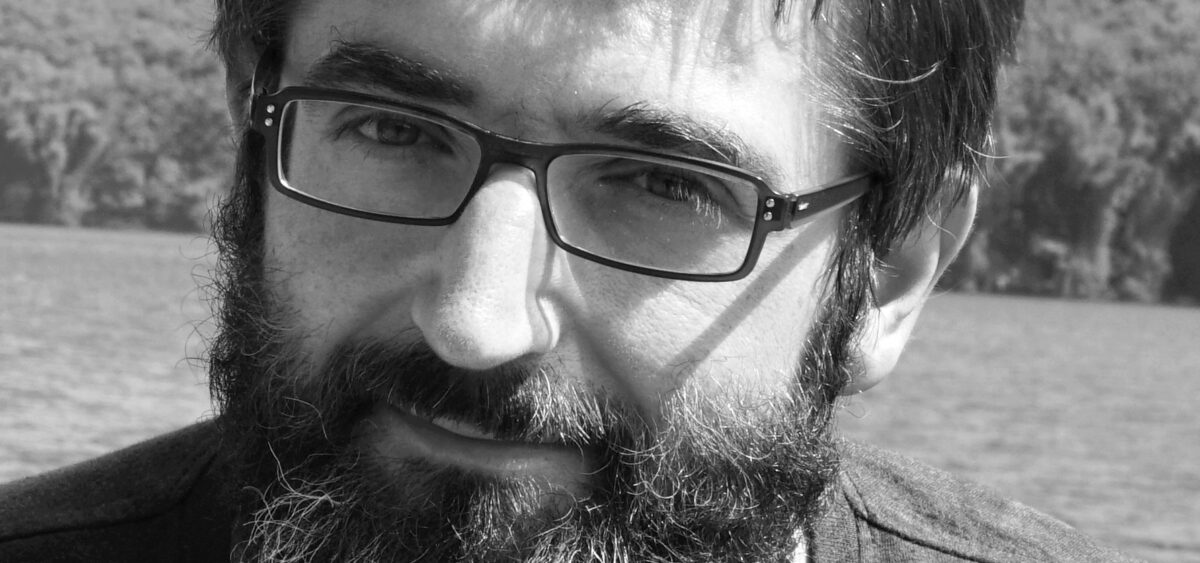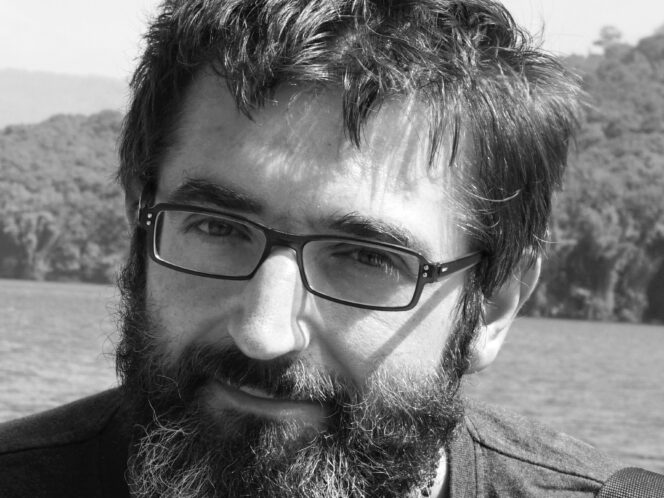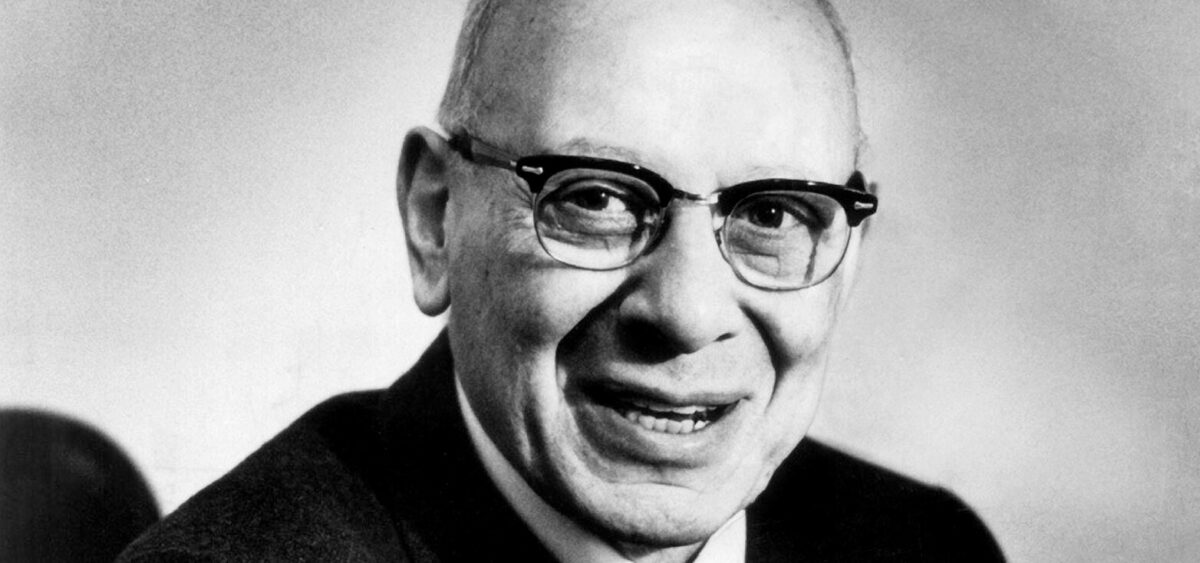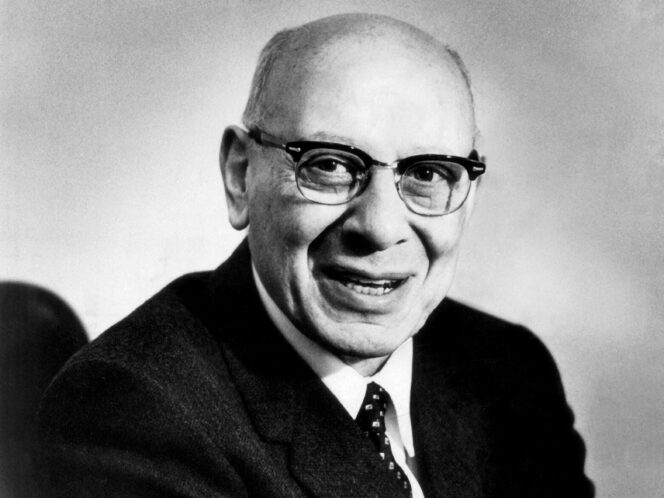
We talk to psychotherapist Paweł Malinowski about good and bad habits, as well as how to give them up or shape them.
Paweł Malinowski graduated in medicine and has worked as a psychotherapist for twenty years. Intrigued by ancient yoga and other approaches to individual and social development—such as functional medicine, neuroscience, quantum physics and artificial intelligence—he authored the book Mind, Body, Spirituality. Paths to Health and Spiritual Development from a Psychotherapist’s Perspective [Mind, Body, Spirituality: Health and Spiritual Development from a Psychotherapeutic Perspective] . He practices meditation and various forms of everyday mindfulness.
Maria Hawranek: Have you developed any healthy habits recently?
Paweł Malinowski: Regular physical activity. I failed at this for many years, practicing only in spurts. With time, however, I discovered that I am not becoming more fit. At the same time, I wanted to spend time actively with my son. We once watched a film together—it was about a creative Chinese man, Wang Deshun, who took up sport only after age fifty and started practicing seriously when he was seventy. His great physical fitness allowed him to put his grandson on his back when he was almost eighty. This is incredible if we consider that at this age many people find it challenging to do their own shopping. This made me aware that I can influence what my old age will be like, naturally disregarding genetic predispositions and random injuries. I felt the desire to make sure my body is not a burden.
You just saw one movie and that was it?
Of course not! Distant and difficult goals need to be waggled like a carrot on a stick from time to time, so that we keep focused on them. Otherwise, the chances of success are slim. This is why I saw many more films of this kind, finding inspiration in watching people who feel good about their bodies. I started climbing with my son. I like the atmosphere at the climbing wall, where you can be together and also do general exercises. I find this kind of place much better than fitness clubs. We have not adopted a rigid schedule. If we do not feel like it, we can exercise at home, ride our bikes, or just rest. Still, we always arrange a different date: on the next day or later in the week. Although we do not put ourselves under pressure, we never ease up. Then I suffered an injury when reaching for a ping-pong ball, which caused pain in the lumbar-sacr








